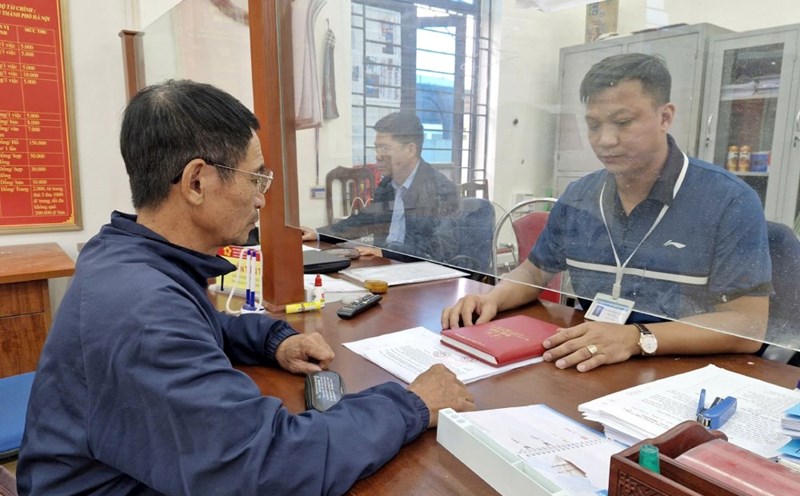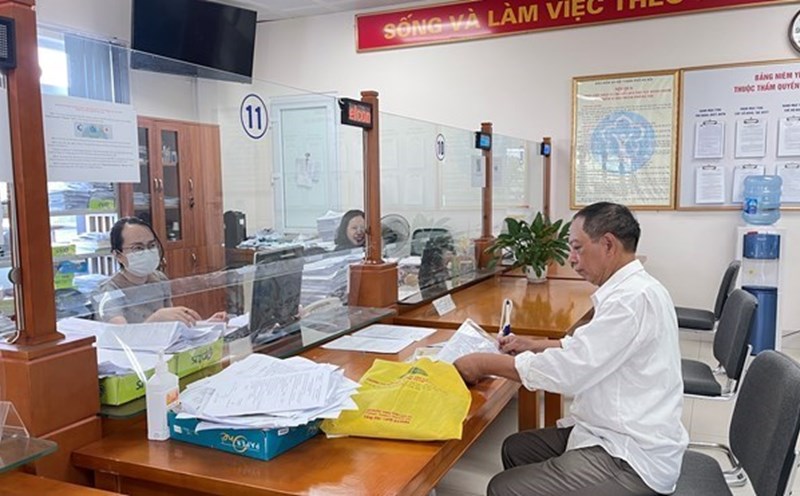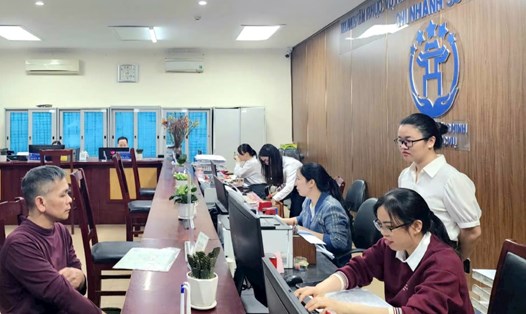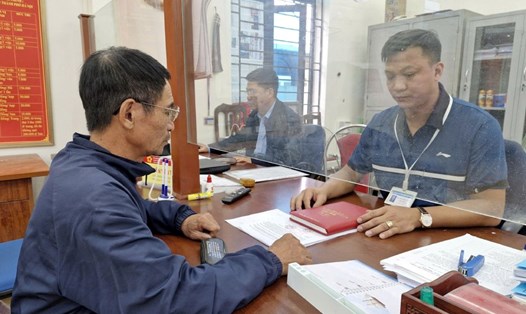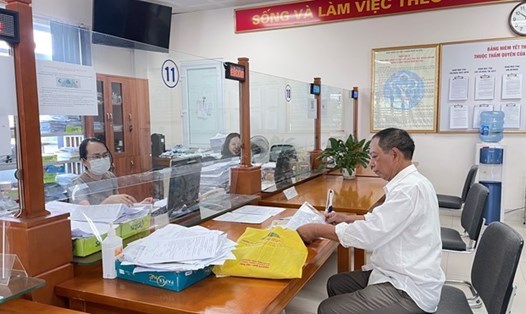In Decision No. 759/QD-TTg approving the Scheme on arrangement and reorganization of administrative units at all levels and developing a model of two-level local government organizations, the Government has guided localities on the payroll of cadres, civil servants and officials at the commune level.
The project clearly states that the size of the commune -level administrative unit is larger than the current and the tasks and powers of the local government increases. The commune -level administrative unit will perform all the duties and powers of the current district and commune governments.
Under the project, the use of part -time activists at the commune level will end. For part -time activists at the commune level without arranging the work as prescribed, the policy will be implemented.
In addition, the local authorities are assigned to consider and can arrange part -time operating people at the commune level to meet the requirements of tasks to participate in working in villages and residential quarters.
The Government assigned the Ministry of Home Affairs to coordinate with the Central Organizing Committee and relevant agencies based on the population size, natural area, functions, tasks and powers of the local authorities as a basis for building and completing the job position to submit to the competent authority to assign the staff, civil servants and officials at the commune level to localities.
Regarding the work of cadres, the National Assembly Standing Committee has just issued a resolution stipulating the arrangement of administrative units in 2025, effective from April 15.
Cadres, civil servants and public employees from the former administrative unit continue to work in the political system to save the regime, wages and position allowances for 6 months.
After 6 months, regimes, policies and position allowances will be implemented according to new regulations.
The provincial People's Committee and the relevant agencies are responsible for implementing regimes and policies for officials, public servants, officials and employees in the process of arranging administrative units and organizational structure.
People, cadres, civil servants, officials, workers and salaries in the armed forces at the merger administrative units will continue to enjoy specific regimes and policies according to the region, region or administrative unit as before arranging until the new decision of the competent authority.
The current regimes and policies of the central and local levels are also kept the scope, the entitlement and content until the adjustment. In case of changing the name of the administrative unit, the new name will be used to implement specific regimes and policies.
The Resolution also asked the local authorities to locate a new headquarters to arrange public -service houses, vehicles for cadres, civil servants, officials and employees from the units to arrange. At the same time, the provincial government is responsible for supporting the commune -level government after arranging the budget balance to invest in upgrading the working office.
In the report on the draft Law on cadres and civil servants amended, the Ministry of Home Affairs proposed funding for policies for commune -level officials and public employees who did not meet the requirements of the job position in the funding source from the state budget about VND 15,000 billion. This expenditure has been calculated and arranged in funding for arranging administrative units at all levels.
The proposal to resolve about 7.6% (equivalent to more than 16,150 people) did not meet the standards of 212,606 commune officials and public employees, according to statistics until December 31, 2024.


